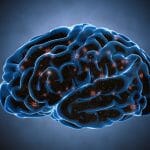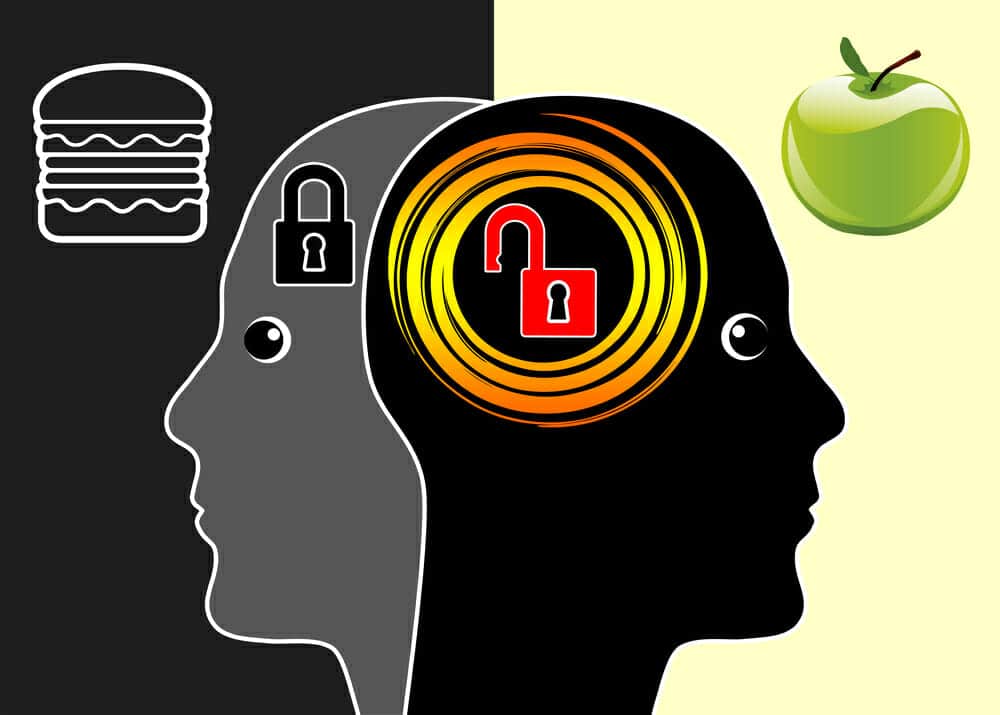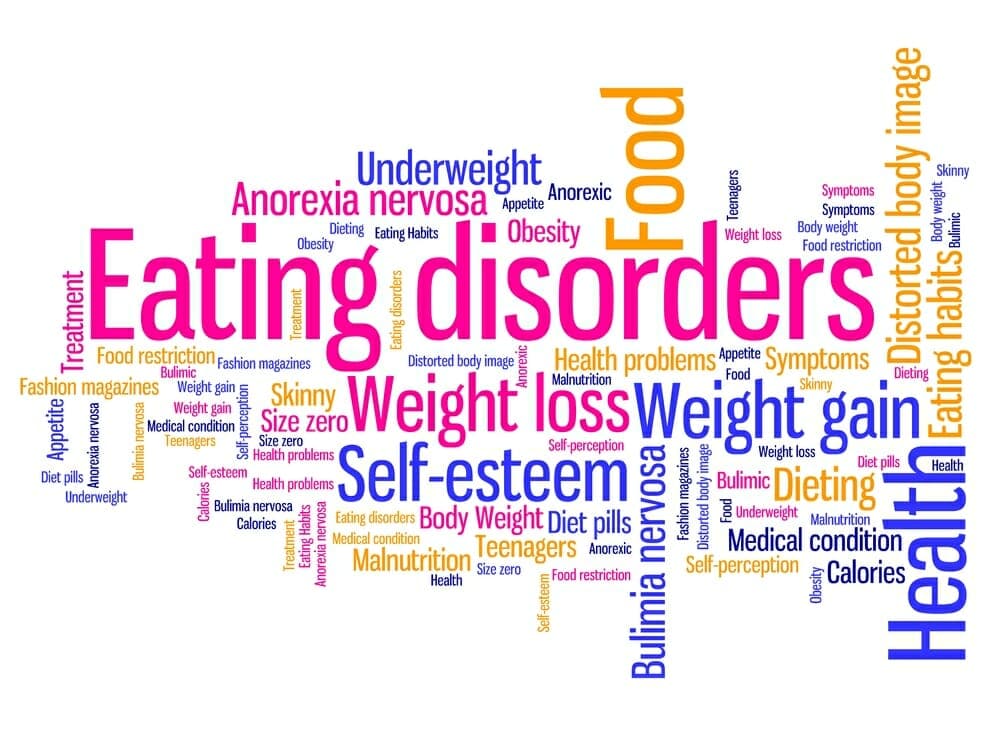Binge eating is a severe eating disorder with psychological causes and physical and psychological repercussions. Binge eating is done almost always alone, and the cause of it isn’t hunger, but shame, guilt, anger, and disgust. People who binge eat tend to hide or hoard food. It’s not simple overeating, but a compulsive overeating. Most binge eaters are obese, but not all. Unlike bulimia, there is no purging afterwards. Eating is the symptom of the problem, not the cause. With binge eating, it’s almost like an addiction. All addictions have underlying issues that cause the addiction. Binge eating is the same. There are underlying psychological and emotional causes that drive people to binge eat. Binge eating is a disorder. It’s not natural, and people don’t just wake up one day and decide to binge. They also can’t just wake up one day and stop. It is something that requires treatment. Recovery is possible, though, and should definitely be encouraged to avoid serious physical repercussions such as heart disease, depression, anxiety, and obesity.
Key Points:
- 1Binge eating disorder (BED), the most common eating disorder no one talks about, affects 1- 5% of the general population.
- 2Despite the fact that more people are struggling with BED than with anorexia and bulimia combined, it is widely stigmatized, misunderstood, and overlooked.
- 3Even the name–binge eating disorder–can inspire eye rolls from people who aren’t familiar with the devastating effects of BED.
Nowadays, the word binge is loosely thrown around with comments like, I can’t wait to binge-watch that popular TV show later.
Read the full article at: https://www.nationaleatingdisorders.org/blog/unpacking-the-term-binge-eating-disorder








Reply